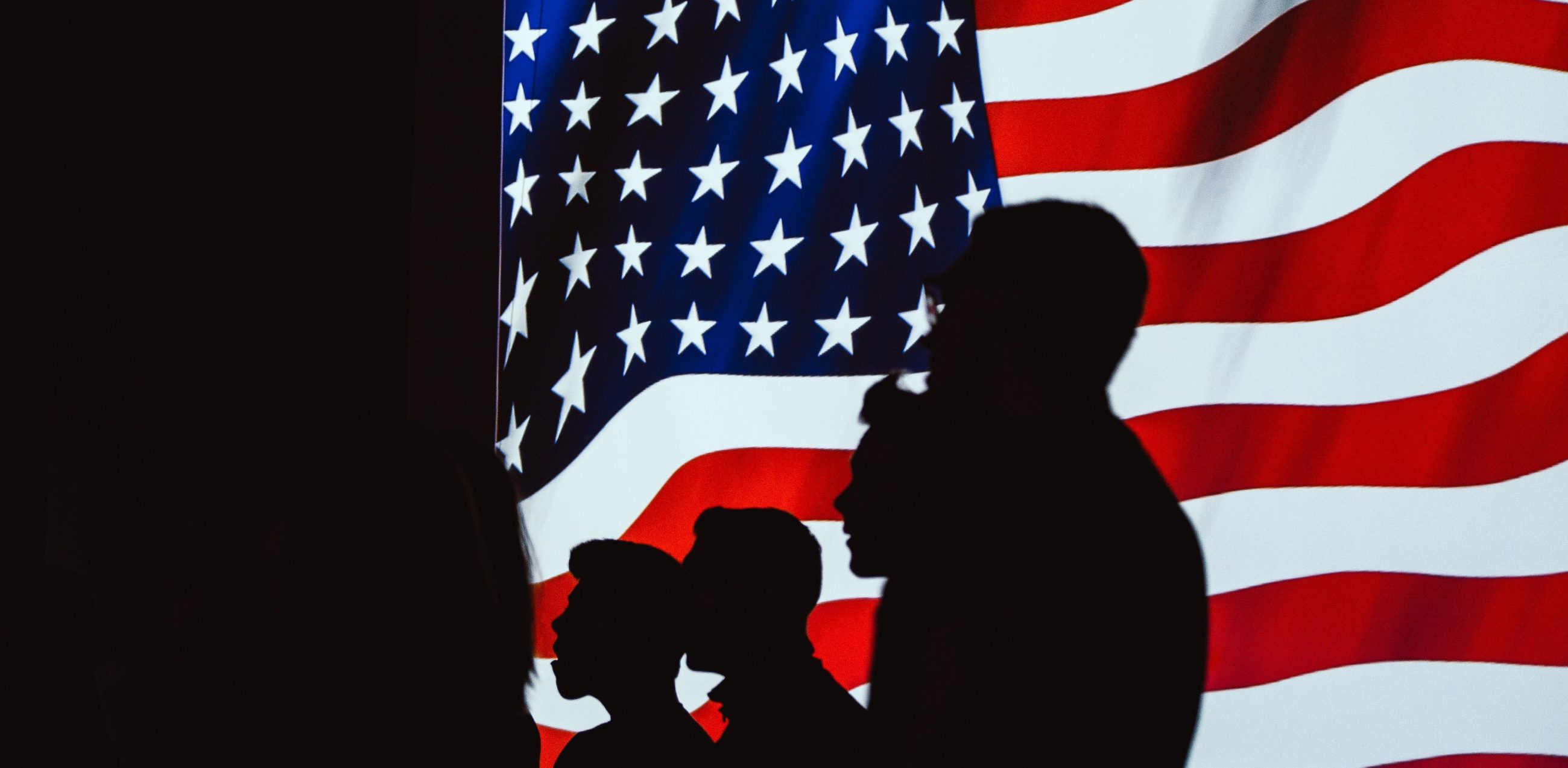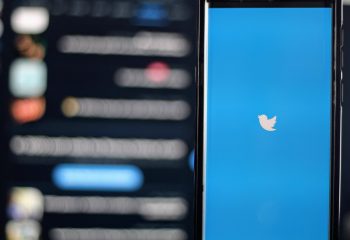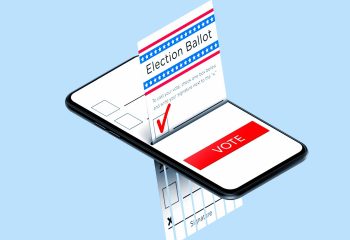
Americans expect election outcome to be delayed; have mixed views of how media will respond
The majority of U.S. adults think it will be a week or longer before the outcome of the presidential election is known. If the results are delayed, Americans believe newspapers and TV news, both local and national, will do more to help voters understand when and how the outcome will be known than cable TV news and major internet company platforms will. However, they are as likely to say they will rely on cable TV news as any other source to find out who won, and unlikely to rely on local news.
These results are from a Gallup/Knight Foundation web survey conducted Sept. 24-Oct. 5, with more than 1,500 members of Gallup’s nationally representative panel. The research is part of the Knight Foundation’s Trust, Media and Democracy series.
Most expect to have to wait to know who the winner is
Just 21% of U.S. adults think the winner of the election will be known immediately, on the evening of Election Day, while another 25% expect the winner will be known one to three days after Election Day. The majority — 54% — expect it will take longer, including 26% who say it will take about a week or two after Election Day, 17% about a month after Election Day and 11% who believe it will take even longer.
Expectations for when the winner will be known are generally similar by political affiliation — 50% of Republicans, 54% of Democrats and 56% of independents think the winner will not be known for at least a week after Election Day.
Public believes national and local newspapers and television news will clarify outcome
Majorities of U.S. adults think local TV news (60%), local newspapers (59%), national network TV news (54%) and national newspapers (54%) will do more to help voters understand when and how the election winner will be known than to confuse them. In contrast, Americans believe national cable TV news and major internet companies will do more to confuse voters about the outcome. Sixty-eight percent believe cable TV news will do more to confuse voters, and 84% say the same for major internet companies.
Consistent with usual partisan differences in evaluations of the news media, Democrats are more likely than Republicans and independents to see all types of media organizations as doing more to aid Americans’ understanding. The largest party differences exist in ratings of national newspapers and national network news, which have identical 68-point gaps in the percentages of Democrats and Republicans who think each will do more to help voters understand when and how the election winner would be known.
Fewer than half of Republicans believe any of the media types will do more to help voters understand the election outcome than they will do to confuse them. Conversely, majorities of independents believe local newspapers and local TV news will play a constructive role during a period of election uncertainty.
Most Americans would turn to TV news organizations to find out who won
While the public expresses reservations about the role cable TV news might play in helping voters understand the outcome, Americans are most likely to say they would pay attention to cable outlets and network TV news to find out who won the election. Twenty-five percent say they would pay most attention to national network TV news, and 24% to cable TV news.
After network and cable TV news, online searches are the next most-common source people would consult to find out the winner, at 19%. Another 15% would turn to national newspapers, while 1 in 10 would pay the most attention to the candidates themselves to find out who won. Even though Americans are more likely to say local news will help voters understand the outcome than other sources, they are disinclined to say they would rely on local TV news (6%) or local newspapers (1%) to find out who won. This apparent disconnect may result from Americans thinking they should consult a national rather than a local source to find out who won a national election. Americans may also expect national news organizations will report the outcome sooner than local news organizations.
Older adults — those aged 55 and older — are most inclined to rely on some form of TV news to find out the winner, including 39% who say cable TV news, 29% national network TV news and 5% local TV news. Younger adults between the ages of 18 and 34 are most likely to say they would rely on online searches (31%), followed by national newspapers (22%) and national network TV news (22%). Only 8% of young adults say they would turn to cable news.
Thirty-five percent of Republicans would look to cable TV news organizations to find out who won, compared with 24% of Democrats and 12% of independents. Democrats are slightly more apt to rely on national network TV news (29%) or national newspapers (27%) than cable TV news. Independents’ top information sources would be online searches (28%) and national network TV news (27%).
Partisans also differ significantly in the extent to which they would look to the candidates to tell them who won — 18% of Republicans, 10% of independents and 3% of Democrats say they would do this.
Americans do not expect media to be cautious in declaring a winner
A minority of Americans, 25%, believe that news media organizations will wait to declare a winner until they are certain of the outcome and agree on who the winner is if the election outcome is not immediately known. Instead, most (75%) expect that some news organizations will rush to announce a winner, with some saying Joe Biden won and others saying Donald Trump did. These results may reflect Americans’ generally low trust in the news media and their expectation that cable TV news, in particular, will serve to confuse voters about who won the election.
Democrats (36%) are more likely than independents (22%) and Republicans (13%) to think news organizations will hold off on declaring a winner until it is known. But majorities of all party groups, and all major subgroups more generally, expect news outlets to declare different winners of the election.
Image (top) by Brett Sayles on Pexels.








